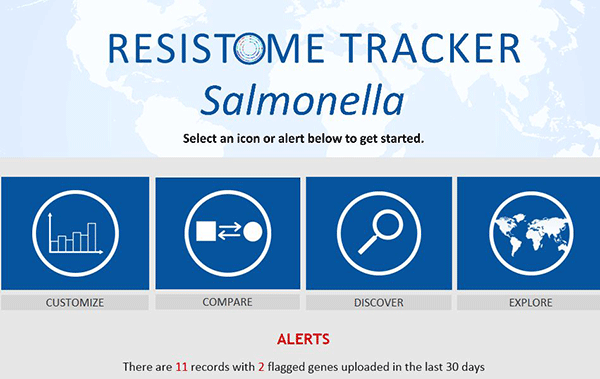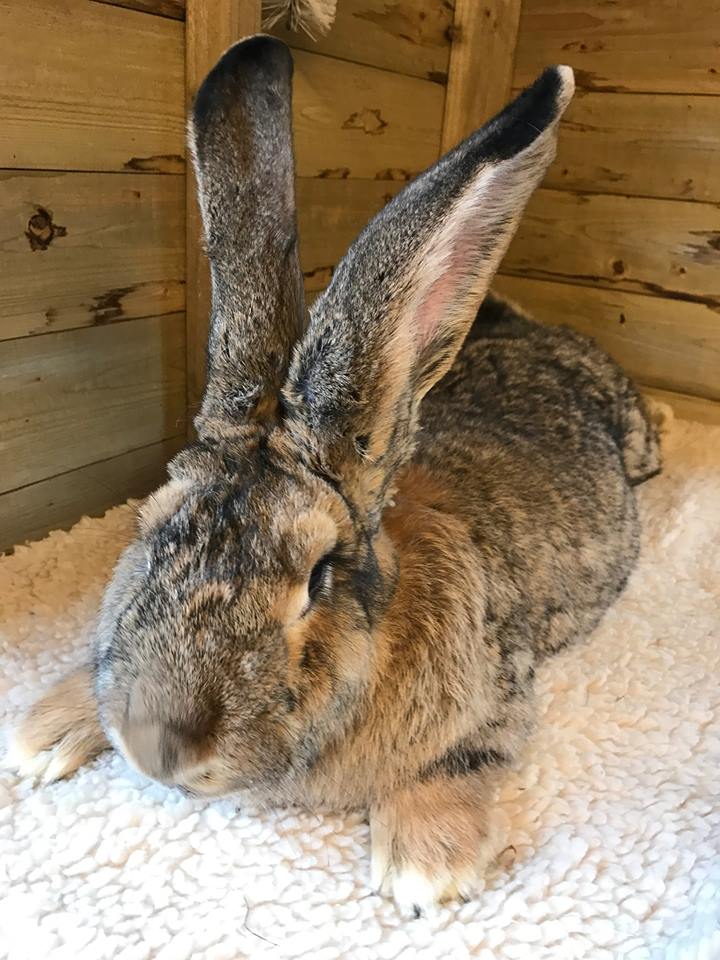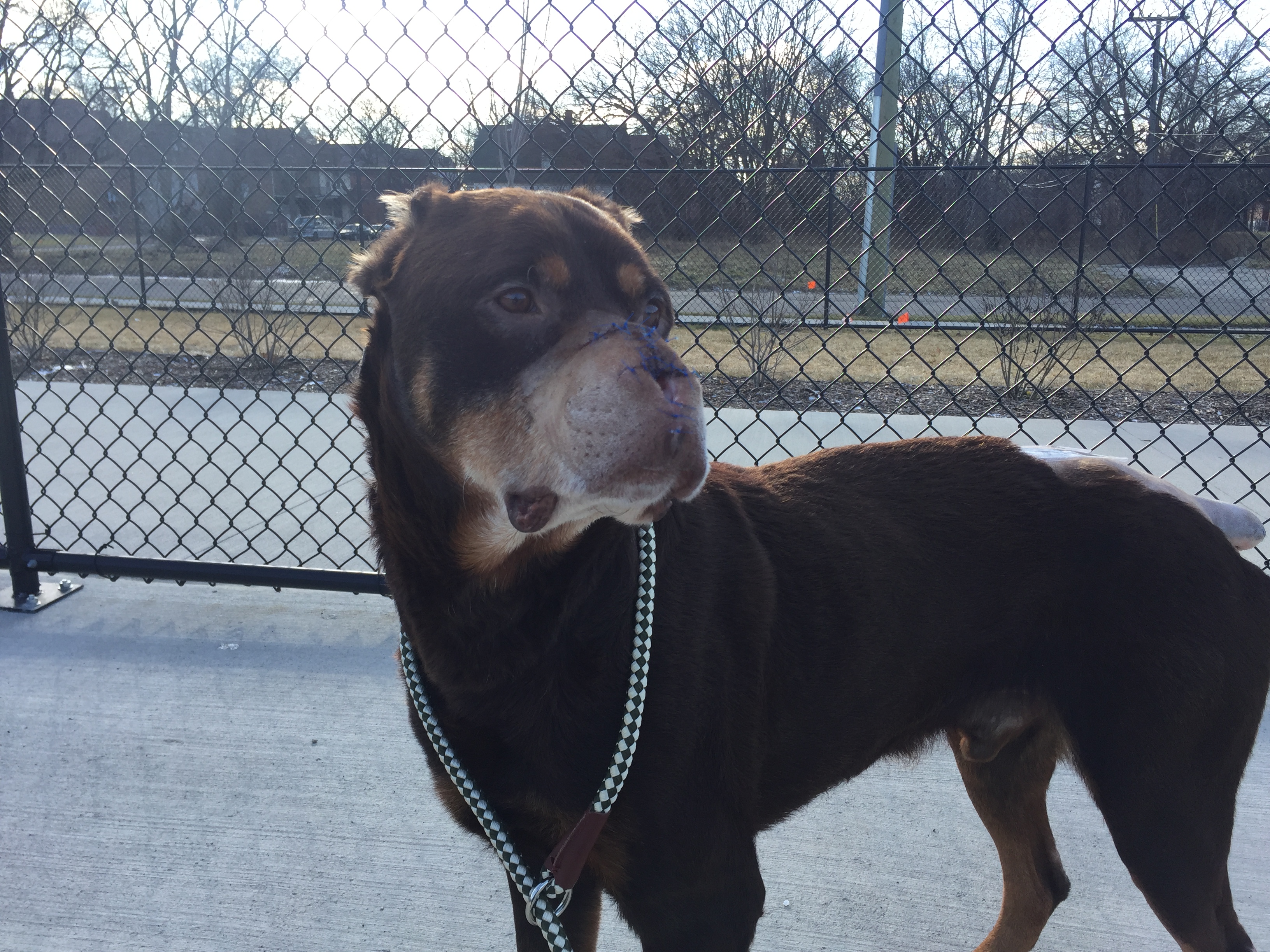
Some foods are safe for humans but NOT for pets
Here’s a list of the top poisonous foods for pets that are safe for human consumption. (*not a complete list. If in doubt or you have questions on the safety of a food item that you’d like to give your pet- it is always best to check with a trusted veterinary professional.)
- Alcoholic drinks
- Apple seeds
- Apricot pits
- Avocados (also completely toxic to birds/parrots even it tiny amounts!)
- Candy (chocolate—and any candy or gum containing the toxic sweetener Xylitol)
- Cherry pits
- Citrus
- Coconut, coconut oil, coconut water
- Coffee (grounds, beans, and chocolate-covered espresso beans)
- Dairy products and milk
- Garlic
- Grapes (and raisins)
- Grape stems
- Gum (can cause blockages and sugar free gums may contain the toxic sweetener Xylitol)
- Hops (used in home beer brewing)
- Macadamia nuts
- Medications (most oral medications are NOT safe for your pets and should be kept safely out of reach)
- Milk and dairy
- Moldy foods
- Mushrooms
- Mustard seeds
- Nuts (including but not limited to: almonds, pecans, and walnuts)
- Onions and onion powder
- Peach pits
- Potato leaves and stems (green parts)
- Raisins
- Rhubarb leaves
- Salt
- Strawberry tops/leaves (green parts)
- Tea (contains caffeine)
- Tomato leaves and stems (green parts)
- Walnuts
- Xylitol (artificial sweetener that is toxic to pets and commonly found in gum)
- Yeast dough
If in doubt, avoid eye contact with those puppy dog eyes and that begging little face. Always hold off feeding something to your pet until you’ve talked with your Vetrinarian and have been given the green light that it’s safe for your particular breed of pet.
You also might like: Top 5 household pet dangers for a list of things other than foods that you should pay attention to already!
Did your pet already ingest something questionable? Accidentally get into something he/she shouldn;t have? You can always contact the ASPCA Animal Poison Control for help if you cannot locate your Vet or have poison control questions (consultation fee may apply.) *If your pet is unresponsive or suffering a life-threatening situation, visit your nearest pet emergency medical center.*
The ASPCA also now has an Animal Poison Control App for smartphones.






